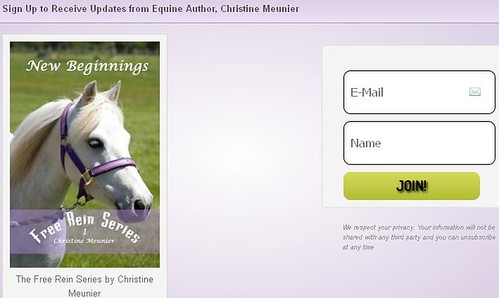I confess that I have a number of pet peeves when it comes to the editing and formatting of books. As someone who edits for several small presses as well as independent authors, I understand the positive impact the good brain and eye of an experienced editor can have on the finished product. Wearing an author hat, we all read or see what we expect to see on the page, rather than what is actually there. If we expect to see, "The horse ran across the road," what might really be there is "The horse tan across the roas." We don't see what is obvious to another, because our author brain knows what is supposed to be there.
 |
| A recent labor of love. |
The proliferation of self-published authors who do not have the funds or take the time to hire an independent editor to catch these and other mistakes adds to the problem. When I as a reader am distracted enough by poor formatting, typos, and plot inconsistencies. I put down the book. And that's a shame, because most times, the story is worth reading. Lest you think I am too hard on authors, I include myself as one who has made the mistake of self-publishing a book that was not independently edited, a book that was not ready for publication. Lesson learned.
The fact remains that an author who publishes with a small independent press, or who self-publishes, has to deliver a product that is equally as well-edited and well-formatted as a book that has landed on a major bestseller list. That is hard to do, but the extra effort will be worth it. I also believe that this attention to detail in writing and producing books carries through to other areas of our lives. It translates to a spotless tack room, diligence in developing a good canter departure, and delivering a well-turned out horse. It's taking time to do the best you can and in taking pride in going the extra mile to make your product that much better.
Even with as many as seven edits, each of my books that were published by a major publisher has a typo or two. Those are seemingly inevitable. But I use well-edited books, expert grooming of horses, and beautiful riders to motivate myself to reach deeper, father, and higher in all that I do. What motivates you to do better?
-
Lisa Wysocky is a bestselling and award-winning author of fiction and nonfiction, including the Cat Enright equestrian mystery series, now optioned for film and television. She is also a therapeutic riding instructor who consults with PATH and other centers about their horse herds. Find her at lisawysocky.com




